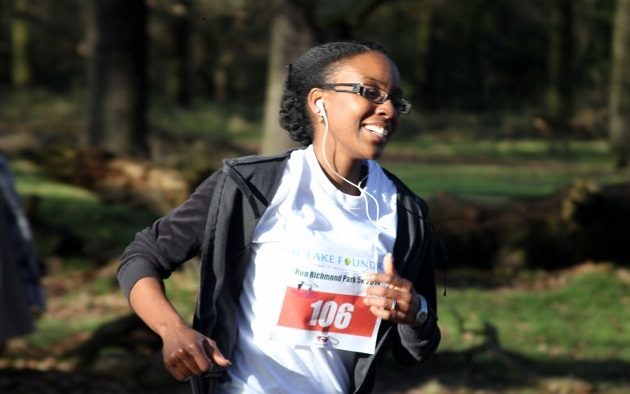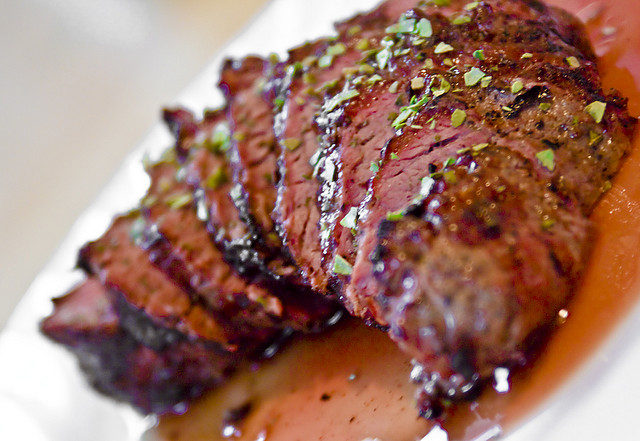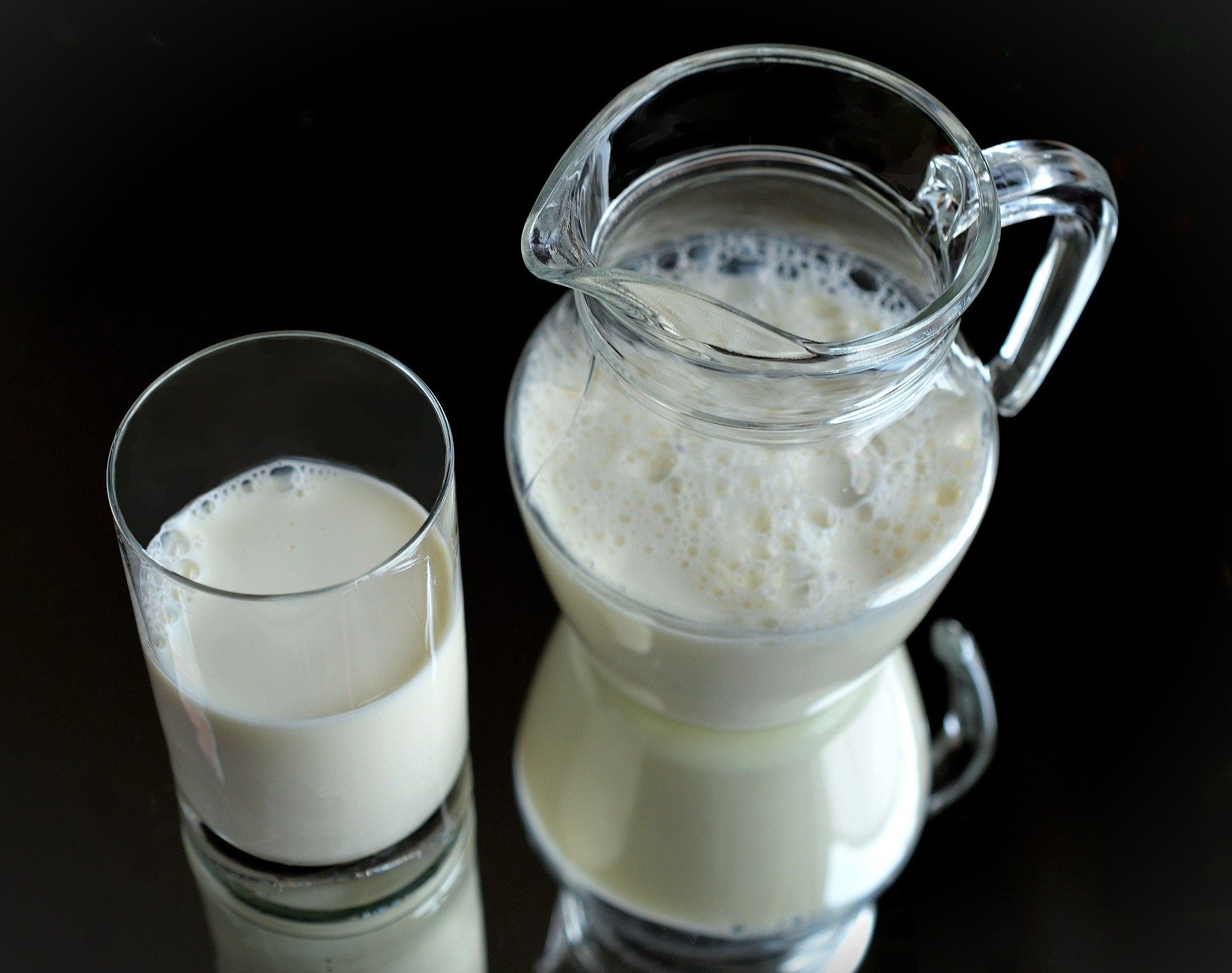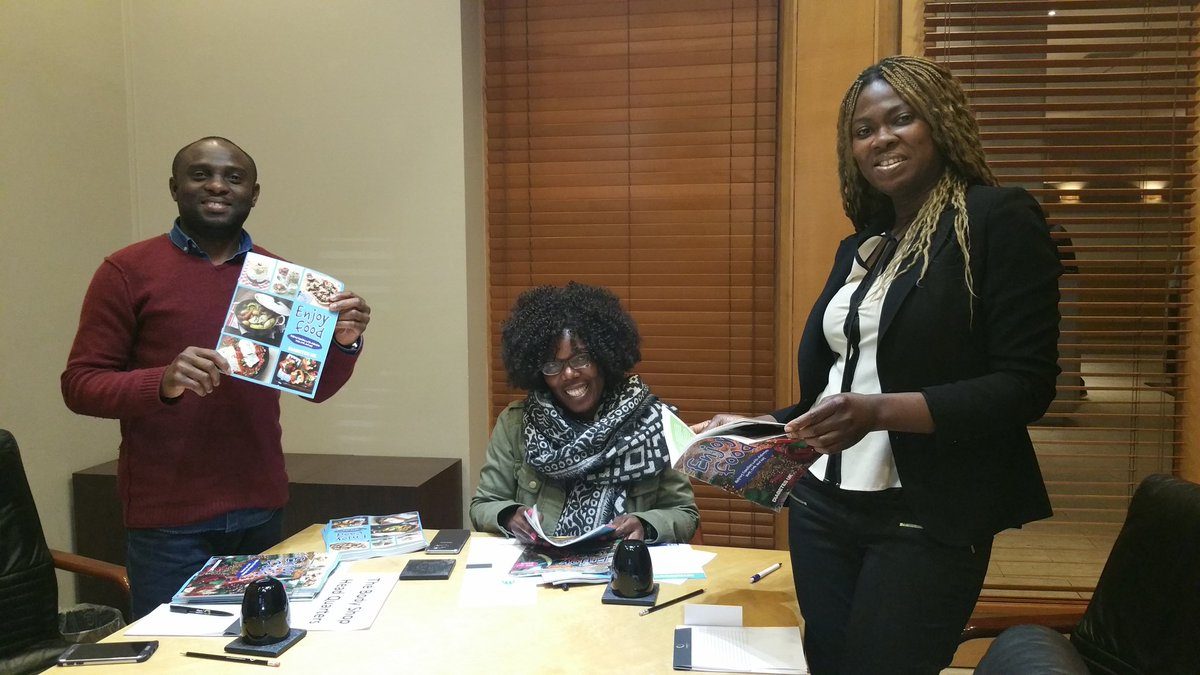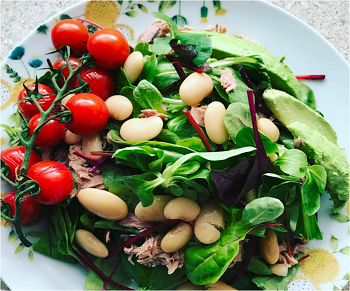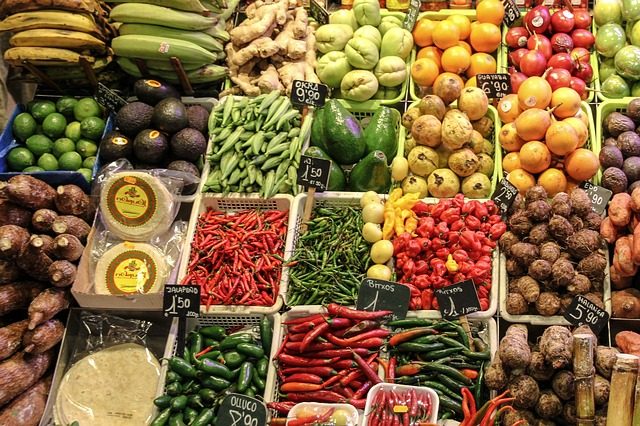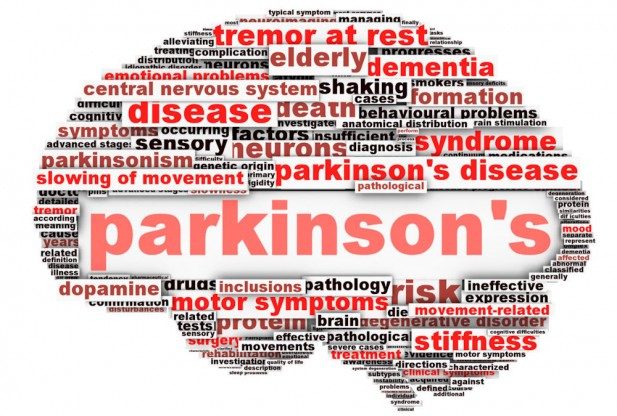How healthy are your financial habits?
In this week’s blog, our guest blogger, Stacey Mensah explores the health of our finances and gives us all a few points to consider if we’re aiming to improve our financial health
Welcome back to The Lake Foundation! On this platform you can expect a plethora of articles relating to your physical health and mental health. This week we’re going to do things a bit differently and look at financial health but more specifically, habits concerning your finances. Now for those of you that are still not sold as to why your financial habits are important let me tell you this: according to the Mental Health Foundation being in debt can trigger anxiety or depression, which can open the door to a whole host of other mental and physical illnesses.
In my own experience crafting healthy habits when it comes to finances is about more than having the right systems in place – you need to have will power! And that was not something I had much of. I remember a time when I had saved enough money to clear a credit card. After speaking to my mother, who had managed to clear all her debts off early on in life, I knew that I had to cancel this card. So I called my bank ready to cancel this card, ready to break free, but of course after a 45-minute phone call instead of cancelling the card as my mother instructed, I ended up upgrading the credit account and in a few days I received a shiny new piece of plastic. Suffice to say that some people find it easier to break free from debt but I’m certainly not one of them.
For those of you that are certain that you’re above such behaviour here are a few habits from Sarah Coles, a personal finance analyst, that might have become so ingrained in the way that you handle your finances that you can’t even see past them.
Casually dipping into debt
The odd few times of dipping into your overdraft doesn’t seem bad at first but it does make it easier for you to keep on going back. Sarah notes that the key to this habit is drawing up a household budget and identifying the regular costs that you can cut. This may mean being far more selective when it comes to shopping for groceries, expensive media packages and gym memberships. And for all of the students out there just know that when you’re done with your degree that ‘student’ over draft will be even harder to get rid of because employers unfortunately, won’t be lining up to pay you a six figure salary!
Only paying the minimum amount back on your borrowing
Surviving by just paying the minimum amount each month is how so many of us are lulled into a false sense of security. By paying off the debt at such a slow pace we are indeed just racking up more interest. If you have a significant balance it may be worth switching in in order to cut interest rated for the time being. However, if you choose to do this it’s important that you realise that the switch was simply a mechanism for debt repayment.
Forgetting about your savings
Forgetting about your savings is an expensive habit to form as rates on such accounts are likely to become less competitive. The best way to avoid such a mistake is to regularly check what you are earning on your savings and if the rate is no longer competitive then it’s times for you to make a switch.
Putting plans off
When dealing with your finances it’s so easy to think that your debts are a problem for the future and not for the present. The ugly truth is that soon enough the future you had once envisioned will one day soon become your present, and as you never put a physical plan in place for paying off your debts, they will continue to follow you around like an unsightly rash.
Do you have healthy financial habits? Or, do you think you need help in that area?
Comment down below, we would love to hear from you!
Stacey Mensah is not a financial advisor nor does she claim to be. Before changing the way, you handle your finances it’s important to seek the help of a professional.








